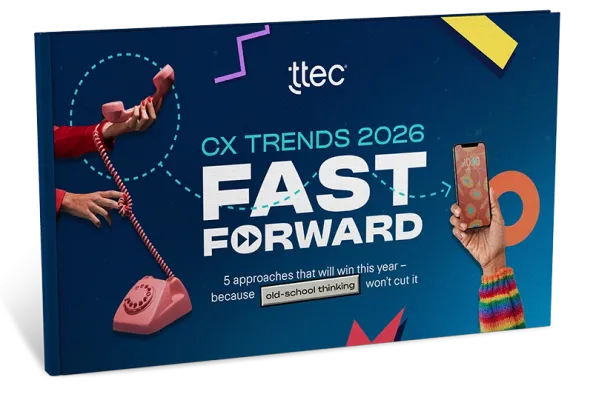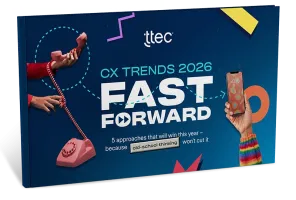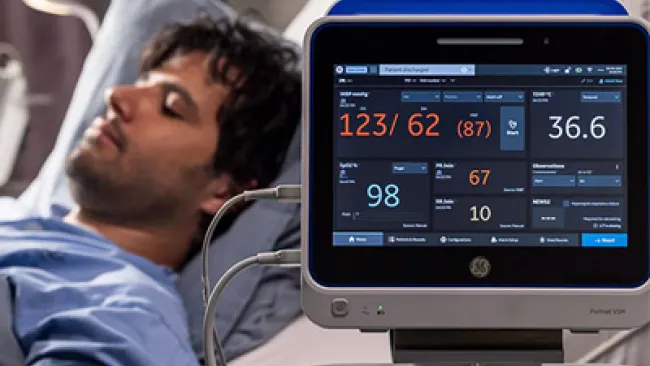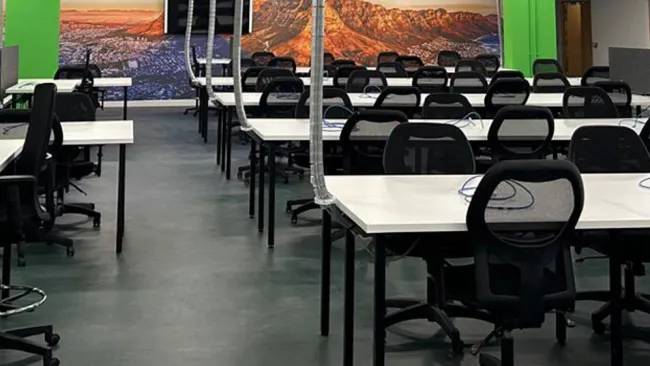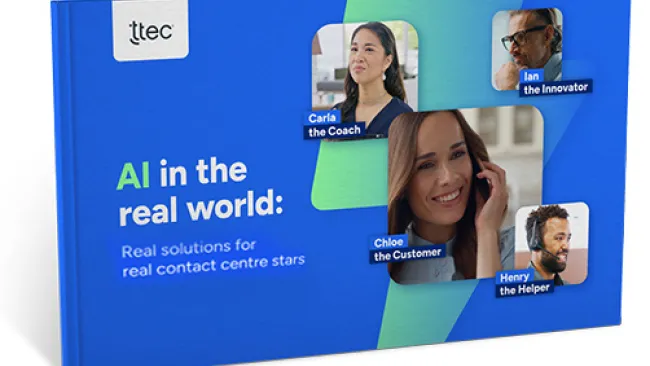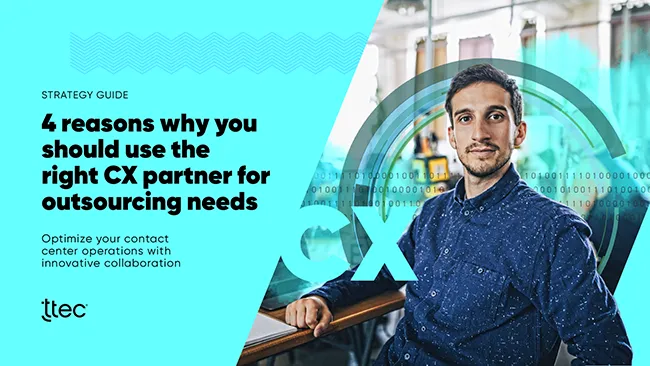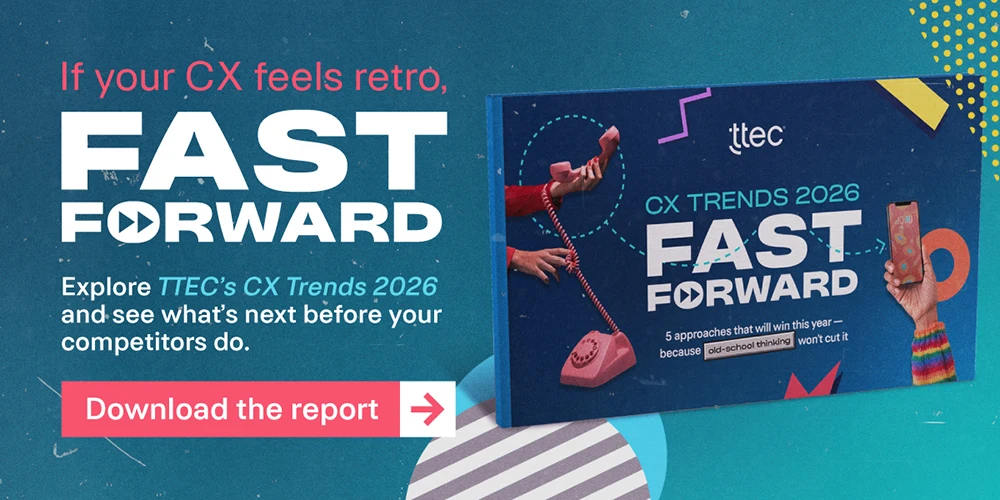When Burgoyne Hughes, senior manager of call centre operations at GE Healthcare, says his team helps people in “moments that matter,” he means it. Agents field calls from doctors, nurses and other medical professionals who need equipment – often, life-saving devices – serviced, and they need help and information quickly.
“We are dealing with true life-and-death situations,” he said, adding doctors sometimes call as they have patients on the operating table, needing urgent help. “When we say we’re leveraging knowledge management to save lives, it is in no way an exaggeration. Being able to efficiently and effectively help every one of those callers, so that we can take care of their problem and get them back to their patients, is ultimately critical to the end patient care and patient outcomes.”
That’s why GE Healthcare partnered with TTEC and KMS Lighthouse to implement an advanced knowledge management system into its business, a move that’s streamlined agents’ workflow and improved customer experience.
“Without good knowledge management, a lot of projects will fail,” said Wayne Kay, regional vice president of sales, EMEA at TTEC. “Knowledge management has been overlooked for too long in terms of digital transformation. [It] is really, really key.”
From good to exceptional
Hughes’ team fields calls pertaining to the company’s medical device offerings: Things like MRIs, ultrasounds, and monitoring machines. The company operates in 160 countries and its products are widely used; three patients are imaged every second on GE equipment. Call centres handle 475,000 calls every year.
“We’re dealing with service calls,” said Hughes. “That means somebody has already experienced a problem. Very often that means they’ve got a patient on the table. It can really be a very critical phone call for us. We have to understand that these are the moments that matter.”
Agents are tasked with getting problems resolved as quickly as possible so callers can get back to their patients. On top of the life-or-death stakes, agents must contend with every hospital system operating differently and work within a highly regulated industry. Prior to partnering with KMS Lighthouse, they did a good job, Hughes said, with an error rate of 1.6%.
But they wanted to do better.
Despite their relatively good performance, agents complained about the way calls were handled. Each of GE Healthcare's four lines of business had its own documents and formats, making changes and adjustments was cumbersome, and agents often resorted to creating their own workarounds to bypass inefficiencies. It took an average of six months to onboard new agents.
“It simply took too long to support the customers,” Hughes said.
In partnering with KMS Lighthouse, with TTEC’s help, the company set two major goals: to reduce the time to proficiency by 50% (so agents would be proficient in three months, not six), and to reduce the error rate by 80%.
The company’s strategy centred on integrating knowledge management into every facet of the contact centre.
Benefits to customers and agents alike
One major advantage that improved the level of knowledge management produced was that agents could be trained on multiple lines of business at once. Previously, they needed to be trained on each line separately.
“That has made a massive difference to us and it’s led to a lot more efficiencies in our call routing and saved us money there too,” Hughes said. “It’s allowing us to change the way we train people and onboard, completely. We took something that used to be hard and we made it really simple for [the agents].”
In addition to improving employee experience, embracing knowledge management has had major effects on customer outcomes. Last year the company reduced its error rate by 90% (to 0.11%) and cut its hold times by 60%.
When lives and medical care are at stake, Hughes said, these reductions make a huge difference. Improved knowledge management also helped the company reach its goal of cutting agents’ time to proficiency in half.
Agents have become empowered by being continually asked for feedback, Hughes added. If information is outdated or should be prioritised differently to get them the right answer faster, they flag it and it’s quickly addressed.
There have been other ancillary benefits, too: Agents have shifted from information consumers to information owners, agent satisfaction has improved, and the company eliminated the need for a costly CRM update.
Every company has something to gain by improving their knowledge management, said Sagi Eliyahu, CEO of KMS Lighthouse.
“Don’t be afraid to run a project even if you feel you are in a good place,” he said, because there are always new, emerging technologies that can take a business to the next level. “Even if you are good, you can make it exceptional.”

